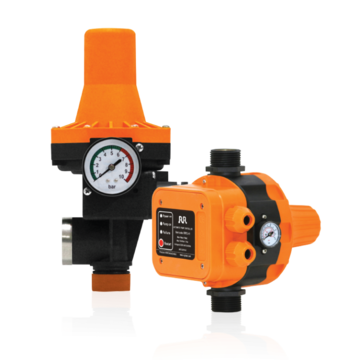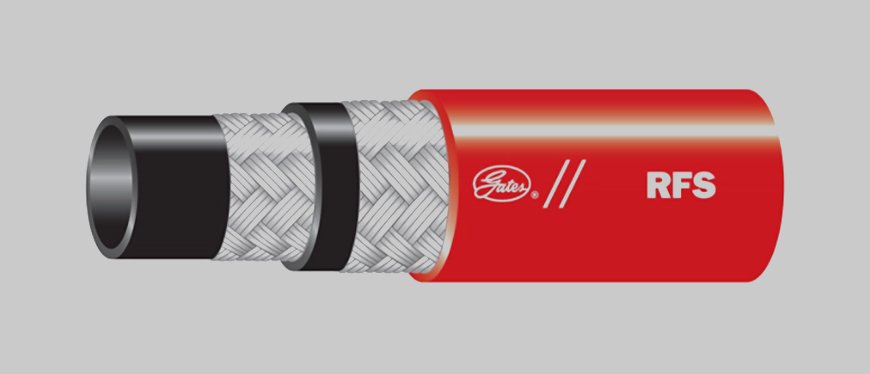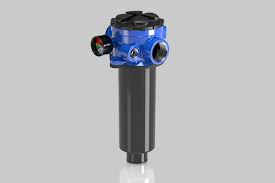In hydraulic systems, hydraulic fluid is an essential component that dissipates heat, lubricates parts, and transfers power. However, the type of fluid utilized in the system can affect how flammable the hydraulic fluid is. The mineral oils used to make the majority of hydraulic fluids are flammable when they come into contact with heat, sparks, or open flames. High temperatures have the potential to ignite these oils, particularly in pressurized hydraulic systems. Hydraulic fluids usually have a flash point of 150°C (302°F) or higher, depending on their particular composition. Because of this, hydraulic products that employ fluids based on mineral oil may be a fire hazard if appropriate safety precautions are not taken.
Fire-resistant hydraulic fluids are frequently used in high-risk hydraulic products to reduce this danger. These fluids, which can be synthetic or water-based, are intended to improve safety and reduce the likelihood of ignition in sectors including manufacturing, mining, and aerospace where exposure to high temperatures or flames is frequent. Choosing the right hydraulic fluid for the operating environment is crucial when working with hydraulic items including pumps, hoses, valves, and cylinders. Since leaks or poor maintenance might result in fire hazards, it is essential to understand how flammable the hydraulic fluid being utilized is.
CONCLUSION
Even if many hydraulic fluids have the potential to catch fire, the risk of a fire can
be considerably decreased by using fire-resistant substitutes and adhering to safety
regulations for hydraulic products. Hydraulic systems run securely and effectively
thanks to routine maintenance and close observation, which reduces the possibility of
dangerous circumstances.
 teknowfeed
teknowfeed


